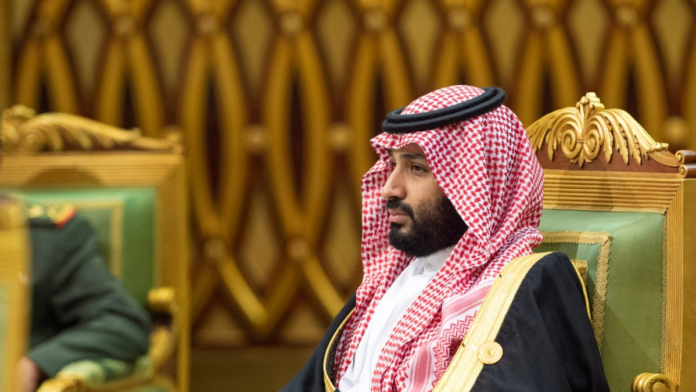Author: Marwan Bishara
Affiliation: Al Jazeera
Organization/ Publisher: Al Jazeera
Date/Place: September 22, 2020/Doha, Qatar
Type of Literature: Article
Word Count: 2060
Keywords: MBS, MBZ, Saudi Arabia
Brief:
The author, a senior political analyst, argues that Saudi Arabia is losing direction and influence in the Gulf and Middle East regions along with its religious and financial importance. The author identifies that Prince Mohammed Bin Salman’s (MBS) disruptive policies, and the sudden rise of Mohammed Bin Zayed (MBZ), and his interference in Libya and Tunisia, is dragging Saudi Arabia on the path of decline. The Kingdom came to prominence as a regional power and an ally to the US, owing to many geopolitical shifts in the region. While Saudi Arabia’s early rise was precipitated by the failure of Egypt’s pan-Arab project, its regional hold strengthened during the 1980’s with Iraq and Iran drained by their war and Israel and Syria stuck in Lebanon. On the other hand, America’s victory in the Cold War and its containment policy towards Iran and Iraq further improved Riyadh’s international standing. However, Saudi success has always been at the cost of Arab failure. The US invasion of Iraq on false grounds, to which the Kingdom was a mere bystander, reversed the fortunes for Riyadh. The Obama administration turned its back on the Kingdom. As the US became the leading oil producer, its interest in the Gulf region and its security declined, making Saudi Arabia vulnerable; whereas, the Arab Spring put all the authoritarian regimes on high alert. Now, with the possibility of Trump losing the upcoming presidential elections, MBS is staring at a disaster with the risk of losing an essential ally. MBS’s tireless efforts in hooking up UAE and Bahrain with Israel are aimed at reversing the declining relevance of the Kingdom. However, it looks less likely that Israel can achieve what the US could not.
By: Usman Khan Pathan, CIGA Research Associate




